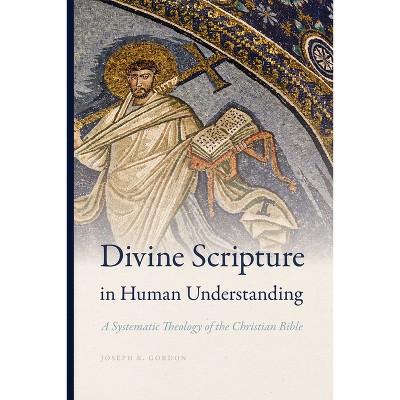Sponsored

Choosing To Feel - by Diana Fritz Cates (Hardcover)
In Stock
Sponsored
About this item
Highlights
- If suffering is one hallmark of the human condition, another is the virtue of compassion, which disposes persons to suffer the pain of others as partly their own.
- About the Author: Diana Fritz Cates is Chair and Professor of Religious Ethics studies at the University of Iowa.
- 312 Pages
- Philosophy, Free Will & Determinism
Description
Book Synopsis
If suffering is one hallmark of the human condition, another is the virtue of compassion, which disposes persons to suffer the pain of others as partly their own. In Choosing to Feel, Diana Fritz Cates draws on an Aristotelian-Thomistic foundation to develop an original theory of compassion as she explores how persons are able--and why they would want-to deliberately orient themselves toward the co-suffering of another person's pain.
Cates opens with an account of virtue which examines what it means to choose to feel a passion according to the measure of practical wisdom. She goes on to explore the nature of friendship and some of the impact that Christian faith can have on one's view of self and others. Cates then integrates her view of virtue, friendship, and compassion in a way that specifies what someone who is good at being compassionate does and does not choose to feel as someone who intentionally binds him or herself to other persons. The book focuses primarily on the com pas passion that persons feel toward friends, but it culminates in an analysis of compassion for strangers and enemies. Throughout, Choosing to Feel promotes conceptual clarity and depth of understanding regarding what compassion is, how it can be cultivated, and why it should be cultivated as part of a full human life.
Scholars and students of religious, theological, and philosophical ethics will appreciate this study for its unique combination of rigorous philosophical analysis and attentiveness to the complexities of lived moral experience.
Review Quotes
"Against the backdrop of Aristotle's and Aquinas's doctrine of the virtues and friendship, Cates discusses compassion. . .The book is a well-argued plea for compassion and develops a strategy to live a compassionate life. " --Review of Metaphysics
"Borrowing, adapting, and self-conciously extending large portions of Aristotle's and Aquina's treatments of virtue, passion, perception, and character-friendship, she not only defends a novel picture of the care that counts as compassion, she also develops criticisms of a couple of alternatives (Noddings' and Blum's) and explicates a number of other matters along the way (moral deliberation, shared selfhood, sanctification, knowledge of God, the body's wisdom, and the character of the passions under grace)." --John R. Bowlin, University of Tulsa (Blackwell Publishers, Ltd.)
"Cates's treatment powerfully weaves theoretical discussion of ethical reflection and feeling with concrete illustrative cases." --Ethics
"This is a deeply serious and painstakingly argued book in which the landscape of compassion is explored at length." --Comptes rendus philosophiques (Philosophy in Review)
About the Author
Diana Fritz Cates is Chair and Professor of Religious Ethics studies at the University of Iowa. She is the author of Choosing to Feel: Virtue, Friendship, and Compassion for Friends, published by the University of Notre Dame Press (1996), and co-editor with Paul Lauritzen of Medicine and the Ethics of Care (2001).
Shipping details
Return details
Frequently bought together


Trending Philosophy















